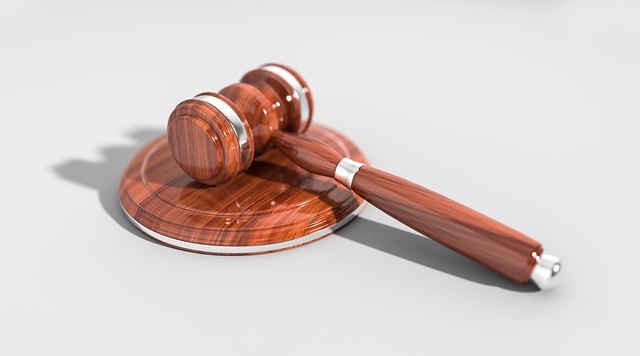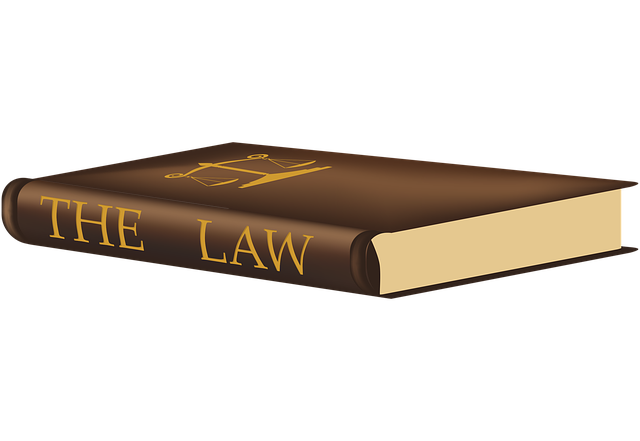After an injury, immediately seek medical attention and document all aspects of your recovery. Gather evidence like medical records, receipts, witness statements, photos, and personal notes. Consult a specialized lawyer to file an injury claim, ensuring proper procedures are followed for the best outcome.
Navigating the complex injury claim process can be daunting, but with the right steps, you can secure the compensation you deserve. The first crucial step is assessing your injury and seeking immediate medical attention. Next, gather evidence – from medical records to witness statements – and document your case thoroughly. Finally, consult a qualified lawyer who can guide you through filing a strong claim, ensuring a favorable outcome.
- Assess Your Injury and Seek Medical Attention
- Gather Evidence and Document Your Case
- Consult a Lawyer and File Your Claim
Assess Your Injury and Seek Medical Attention

After an incident that leads to an injury, the first step in navigating the injury claim process is to thoroughly assess the extent and nature of your injuries. This involves not only documenting physical injuries but also considering any psychological or emotional trauma resulting from the event. It’s crucial to gather all relevant information about what transpired during the incident.
Seeking immediate medical attention is paramount following an injury, regardless of its apparent severity. This step isn’t just about treating visible wounds; it’s also about preventing further damage and establishing a detailed medical record that can be invaluable when pursuing an injury claim. Remember, evidence of prompt medical care can significantly strengthen your case, especially when dealing with potential challenges from insurance companies or, in more complex cases, engaging the services of a qualified auto accident attorney or medical malpractice lawyer.
Gather Evidence and Document Your Case

When pursuing an injury claim, one of the most crucial steps is to meticulously gather and organize evidence that supports your case. This includes documenting all medical treatments, visits, and prescriptions related to your injuries. Keep detailed records of expenses incurred, such as hospital bills, medication costs, and any other relevant financial information. Additionally, collect evidence from witnesses who can corroborate the events leading up to and following the incident, like police reports or statements from bystanders.
Photos of injuries, accident scenes, and any resulting property damage are also invaluable pieces of evidence. Keep a journal to document your experiences, including details about how the injury has affected your daily life, work performance, and mental well-being. This comprehensive documentation will strengthen your claim and increase your chances of securing appropriate auto accident injuries compensation or insurance disputes resolution.
Consult a Lawyer and File Your Claim

Once you’ve gathered all the necessary information and documentation related to your injury, it’s crucial to take the next step in the injury claim process: consult a lawyer and file your claim. Choosing the right legal representative is essential as they will guide you through the complex procedures and help ensure your rights are protected. An auto accident attorney specializing in personal injury cases can provide invaluable support, especially if the other party or their insurance company tries to minimize your damages or liability.
They’ll assist with preparing and submitting your claim, which typically involves filling out formal legal documents and providing evidence of your injuries, medical treatments, lost wages, and pain and suffering. Their expertise in navigating these processes can significantly increase your chances of a successful outcome, whether it’s through settlement negotiations or, if necessary, representing you in court for a wrongful death settlement.
Understanding the key steps in an injury claim process is crucial for navigating your legal rights effectively. By assessing your injury, seeking prompt medical attention, gathering comprehensive evidence, and consulting a specialized lawyer, you lay the foundation for a successful claim. Each stage plays a vital role in ensuring your case is strongly documented and presented, ultimately enhancing your chances of receiving fair compensation. Remember, knowing these steps is just the beginning; professional guidance is essential to navigate the complexities of an injury claim process successfully.






